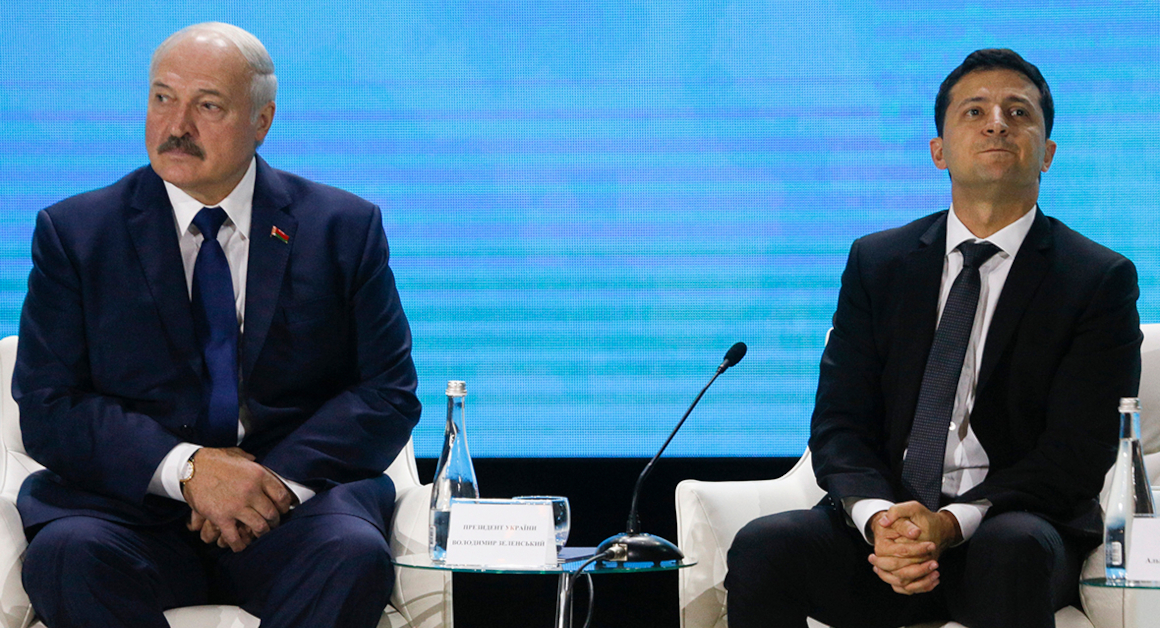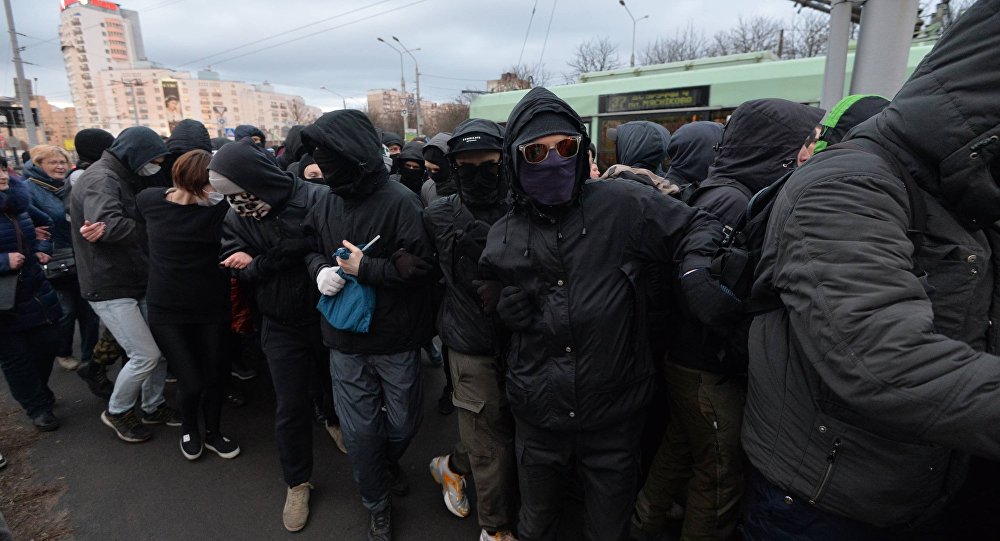Nasha Niva published (https://nashaniva.com/308354) with a reference to European diplomats the information that the Ukrainian authorities are blocking the participation of Svetlana Tikhanovska and other liberal politicians in European events. It seems like a scandal – Zelenskyy is against cooperation with democrats in Belarus and is flirting with Lukashenko. But how unexpected is such a position really?
Before the full-scale invasion, the Ukrainian authorities were sitting on two chairs: helping refugees, but also maintaining diplomatic ties with the dictator. This is often mentioned by critics of Zelenskyy’s policy on the 2020 uprising and its aftermath. Cooperation between Kyiv and Minsk until 2022 can be attributed to various factors, including a strategic one: in the case of a tough stance on Minsk, it would be much easier for Lukashenko morally and politically to join the invasion of Ukraine.
In this context, continuing ties with Minsk is quite a logical step – it is important for the Ukrainian authorities to prevent the Belarusian army from entering the war (one can discuss for a long time how combat-ready this army is, but the very fact of adding a military group from the north presents huge problems). And if this requires avoiding joint public events with Tikhanovska and her team, it is clear that Zelenskyy and his allies will do so. “The fight for freedom” is, among other things, an ideological war in which national borders play a major role. The Ukrainian government is not a de facto internationalist freedom fighter (even if some in Ukrainian society have such sentiments). Therefore, one should not expect sacrifices by the Ukrainian state in the name of freedom in Belarus today.
There is a clear pragmatism in the interaction of national states. Hungary supports sanctions against Russia as much as its government sees it as part of its interests. Germany transfers as much weapons to Ukraine as it sees fit. Turkey trades with both the EU and Russia. Each state proceeds primarily from the goals of its own elite, and only in some cases yields to public pressure in demanding international assistance to other nations.
What does this mean for the process of freeing the country from dictatorship? In the first place, as before, Belarusians can count only on themselves. One should not expect support from other states, and if such support ever appears, it should be accepted as something temporary. Today, it is impossible to count on the Ukrainian, Polish or any other army to save Belarus. Firstly, the liberator will certainly demand a high price from the liberated, and secondly, such a scenario is extremely unlikely in today’s political environment.
Ukraine’s victory in the war with Russia remains quite real, as does the weakening of the Lukashenko regime in such a situation. But if yesterday we were talking about the inevitability of the fall of the dictatorship in case of failure of Russian troops, today it is clear that Lukashenko can survive even such a scenario, if you and I show insufficient determination in the fight for freedom.




